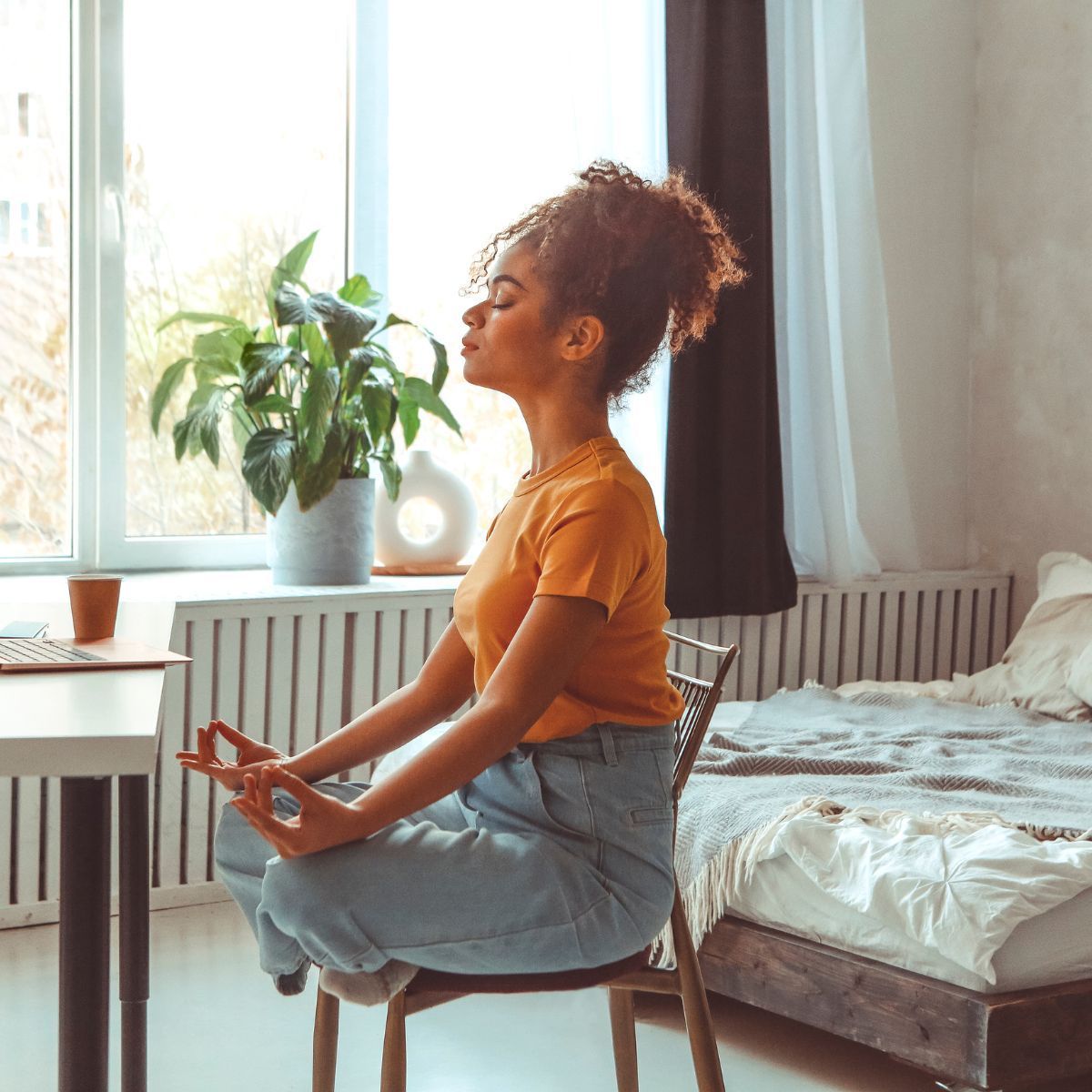
What many people don’t realise is that our lifestyle habits before bed, along with our bedrooms themselves can have a dramatic effect on the way that we sleep. Below, Lysn psychologist Noosha Anzab provides her advice for getting the perfect sleep every night.
TIDY YOUR ROOM
I’m sure you’ve noticed when things aren’t right in your room – whether it’s too much clutter or clothes thrown everywhere; these things can keep you awake at night (often without you realising). If your bedroom is in a total state of disarray this will have a dramatic impact on the way we sleep. In fact, there have been studies that have shown that people who have more clutter filling the open space in their bedrooms take longer to fall asleep (compared to those that have neat and tidy rooms). Put simply, a messy room makes for a messy mind and a messy mind will have trouble falling asleep. Do your best to keep your room tidy and if that’s difficult, consider some storage options that might make your job easier.
AVOID ELECTRONICS BEFORE BED
Watching your favourite movie or scrolling through Instagram right before bed sounds like a nice way to relax, right?! Wrong! Things like TV, phones and iPads all emit light that can affect your sleep. Electronics emit a particular type of blue light that can trigger your brain to stop making melatonin (the hormone that regulates the sleep–wake cycle). So even if you start to close your eyes or droop your eyelids whilst watching TV, your sleep will still be adversely affected. Best to pick up a book instead! Ideally if you can, ban any electronics or screens in the bedroom, as these can be the biggest culprits for getting a bad night’s sleep. If you absolutely must use your phone or electronics, try adjusting the hue on your telephone or tablet to a warm tone after sunset – this can help in preventing you to become alert and awakened just as your brain starts to unwind for bed.
CHECK YOUR LIGHTING
Lighting can have a dramatic effect on a person’s mood, health, overall wellbeing and of course sleep! Our bodies require a certain amount of light at certain times of the day to send cues to our internal body clocks, signalling when we should be awake and when we should be asleep. When this lighting isn’t right, our whole bodies can be thrown off! During daytime we need high levels of light to stay alert and at night we need dimmed lights or none at all for sleeping. Too much artificial light such as LED light can keep a person awake, as well as cause issues with a person’s ability to think clearly. An ideal home should have a good mix of both natural and artificial light, ideally with mood lighting that can be turned up or down.
GET YOUR BEDDING RIGHT
We spend too much time in bed to not have the right sleeping environment so I can’t stress enough how important this is. Everything from bedding through to the pillows you use can have an impact on your sleep. It’s always important to invest in quality linen that’s going to set you up for the perfect night’s sleep. If your bedding makes you feel like you’re sleeping on clouds, then you’ve got it right! Fluffy pillows and soft sheets will make it easier to doze off each night.
GET ENOUGH ZZZ’S
As a general rule, humans need on average 5 – 8 hours of sleep a night. 5 hours is enough time to ensure your body has regenerated, yet 8 hours is optimal to feel well rested. Listen to your body and give it the rest it needs. Also be mindful of those nights where you might be in bed for long enough but aren’t actually sleeping that well – poor or interrupted sleep doesn’t really count for a good night’s rest. It’s important to know that the same system that manages negative emotions is tied to the cyclical circadian rhythms of your sleep. So, getting enough sleep will have you feeling your best mentally and the best bit is, this is bound to show on your face (hello beauty sleep)! Ensure you’re getting a solid rest each night for your mental wellness and the bonus is that your appearance will benefit too.
CALM YOUR MIND
If you find you’re having trouble actually falling asleep each night, consider some of the reasons why you might not be able to doze off. Are you thinking about all the events from the day? Are you worried about things you haven’t done? Have you got too many things running through your mind at once? It’s likely your mind is racing with many different thoughts and this can often happen when we lay down to rest – we have no other interruptions and it’s our brain’s chance to really think about things. If this is happening, it’s important that you work out ways to calm your mind before you go to bed. Every night your brain filters memories based on emotions and so if you're overwhelmed you will have a harder time staying asleep. Journaling is a great tactic for people to get all of their thoughts out onto a page before bed, or perhaps try things like meditation or reading a book to tire your brain. If none of these tactics work, consider consulting a psychologist who can help get to the cause of those restless nights.
Lysn connects you with a psychologist for an individualised and tailored personal support plan which can all be done in the comfort of your own home.
Noosha Anzab is a clinical psychotherapist & psychologist at Lysn.
Lysn is a digital mental health company with world class wellbeing technology which helps people find their best-fit professional psychologist whilst being able to access online tools to improve their mental health.
Visit welysn.com to find your best fit professional.
Categories




